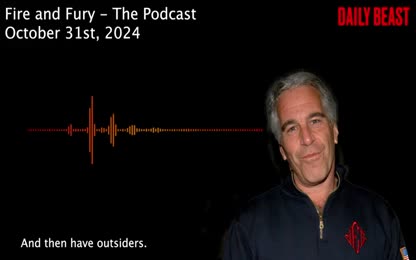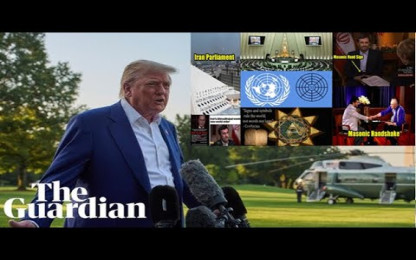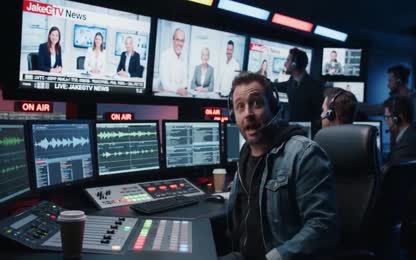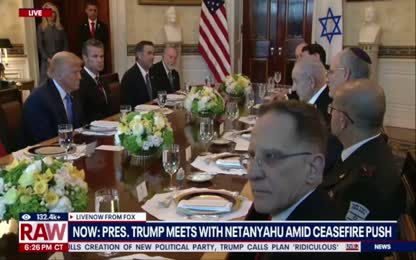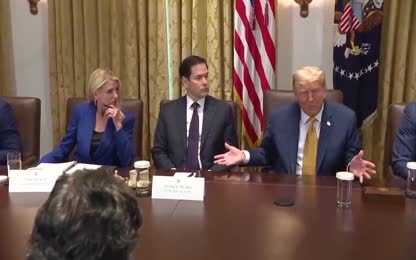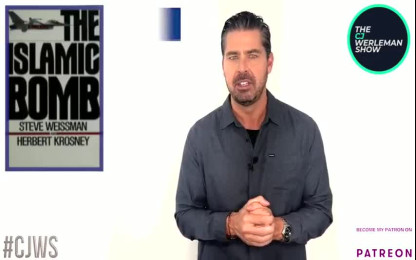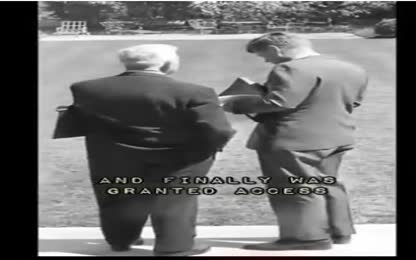Advertisement
CNN Fires Lamont Hall for ISRAEL Truth Speech at UN
***how about the dates he mentions...1986, 1991...***
The Convention against Torture and Other Cruel, Inhuman or Degrading Treatment or Punishment (commonly known as the United Nations Convention against Torture (UNCAT)) is an international human rights treaty, under the review of the United Nations, that aims to prevent torture and other acts of cruel, inhuman, or degrading treatment or punishment around the world.
Israel 22 October 1986 3 October 1991
they call it anti semitism for speaking the truth about Israel's actual laws, practices, records, etc...you know, everything actually factual...anyway, links to all but the Ben Shapiro bs show:
Marc Lamont Hill politically lynched for telling truth about Palestine
Ali Abunimah Lobby Watch 30 November 2018
https://bit.ly/2FSgXL8
Watch the film the Israel lobby didn't want you to see
The Electronic Intifada 2 November 2018
https://bit.ly/2P3CHHX
Roseanne Barr Explains Why She's Traveling to Israel When 'The Conners' Premieres
By Scott Baumgartner†4:51 PM PDT, September 18, 2018
https://et.tv/2rjh1JK
#Israel #Truth #CNN fires #LamontHall for speaking the #truth on #Israel #Palestine #HumanRights!! CNN​ CNN​ is for #Censorship just like all the #USA #media is when it comes to the illegal state of #Israel and the #Palestine people...#smh
- Category: Censorship / Prohibit Criticis,Cover-Up / Damage Control,Israel,Israel Connection
- Duration: 12:43
- Date: 2018-12-03 00:20:48
- Tags: israel, lamont hall, lamont hall israel, lamont hall fired, lamont hall cnn, cnn fires lamont hall, lamont hall un speech, lamont hall israel speech, un israel, human rights israel, fake news, roseanne barr israel, roseanne dr oz, dr oz israel roseanne
1 Comments
Video Transcript:
Here is the rule on whether you ought to be fired because we've had several situations in which commentators have said things or tweeted things and then they were fired. So I defended the Rosanne firing. The reason I defended the Rosanne firing at the time is because I said that NBC did not have evidence that she was a quote-unquote racist. And then she said something about Valerie Jarrett that was on its face racist. She is the character. NBC does not have to take a million dollar loss in order to keep promoting a show that is going to get destroyed in the ratings. That is not their responsibility. It went to the core business. She said something unacceptable and it was new material. That's it. We're in a black Yamaha. Rosanne Barr explains why she's traveling to Israel when the Conners premieres. I want you to pay attention. Right here we got another black Yamaha, the black cube, right? You mentioned recently that you're going to go back to Israel. Yeah. When you're a former castmates premier the Conners. Oh yeah, I don't want to be around because I'll get drawn into a negative thing of defending myself or being angry for being mischaracterized and I want to stay away from it. I want to stay in a joyous, positive, happy place that I've worked my way to again. What are you going to reflect on while you're in Israel? Well, I want to be able to speak Hebrew fluently because I read very slow. I know the letters and I love the letters but I want to speak it and also I have quite a few teachers over the years that live there and I want to study. Dr. Roz into Jewish white and blue. She's in the whole Masonic white gown. She said about Sarah Jean who's a columnist for the New York Times that she should not in fact be fired. The reason was not because she hadn't said terrible things in the past. It was because people dug up old stuff she'd said in the past. The New York Times had hired her knowing all that stuff was there and so there was no new information being presented to the New York Times. It was just a social media mobbing in the same way I defended James Gunn, right, who had a bunch of old bad tweets, bad jokes about pedophilia and such and I said, Disney knew about this at the time. This is just a social media mobbing. So my basic rule is this. Private companies first of all have a right to do whatever they want. Number two, if you threaten the brand of the company, the company has a responsibility to its shareholders to take you out. Number three, the question is whether a new piece of information has been emergent or whether this has just ginned up outrage about a piece of old Twittery. Okay, Mark LeMont Hill did something new. We knew that Mark LeMont Hill did all this stuff years ago. If, for example, people said, you know, Mark LeMont Hill back in 2008 to defend the Louis Farrican, he should be fired. I bet it probably not. Probably not. I don't like Mark LeMont Hill. He's not terrible, but probably not. But this is a new thing that he did, a new piece of information. So CNN, not only have every rights to fire him, this is a piece of open anti-Semitism. A piece of open air anti-Semitism. Hmm, let's see. First off, they blocked this right here, okay, the lobby, the film that Israel lobby didn't want you to see. And four episodes called the lobby. They finally got everything in the beginning of November, November 2nd, okay. And they got it all you guys can find. They go find and look at it and they blocked the whole thing, Al Jazeera, all that shit, right? All black from Qatar. In the first series of the lobby, Al Jazeera's investigative unit exposed the role of pro-Israel operatives in Britain, the headlines at 11 o'clock. Israel's ambassador to the UK has apologized after a senior diplomat was caught on camera, saying he wanted to take down the foreign office minister, Alan Duncan. So Alan Duncan, who is a strong critic of Jewish set. The undercover reporter for Al Jazeera doing an investigation into Britain's relationship with Israel. Investigation exposes a covert Israeli campaign to influence British policy. The investigation led to the resignation of Shai Masat, a senior political officer at the Israeli Embassy. Mr. Masat is also here describing the foreign secretary Boris Johnson as an idiot. The diplomat in question no longer seems to be a functionary of the Embassy in London. So whatever he may exactly have been doing here, his cover can be said to have been well and truly blown. All right, here's Mark Lamont Hill, politically lynched. Okay, a black man, politically lynched for telling truth about Palestine. It is always open air semitism. We'll take a right to the beginning. I'll play only a couple of minutes of it. And that's going to be it. And I'm going to leave it and you guys want to watch it. You guys can find it. And if not, it's up to you. Mr. Secretary General, Chairman, ambassadors and your excellencies. Good afternoon. It is with great honor and humility that I accept the opportunity to speak before you. As a scholar, as an activist, and as a citizen, I am profoundly interested in the plight of the Palestinian people, as well as the broader ethical, moral, and political implications of their struggle for freedom and justice, as well as equality. As such, this annual convening represents a critical intervention. It also represents a site of possibility. On the other hand, it shows considerable irony. As you well know, this year marks the 70th anniversary of the Universal Declaration of Human Rights. This declaration is produced out of the rubble and contradictions of World War II. And it was intended to offer a clear, ethical, and moral outline of the basic rights and freedoms to which all human beings, irrespective of race, religion, class, gender, or geography, are entitled. This declaration, of course, has been far from perfect, both in design and in execution. Too often we have framed human rights through the lens of the West. We viewed it to the gaze of colonialism, and we have assessed them through the limited prism of our own experiences. Simply put, the powerful have too often attempted to universalize their own particular and local values. Still, the Universal Declaration of Human Rights has offered us a flawed, but functional starting point from which to articulate basic, moral, and ethical ambitions as global citizens. These ambitions have been particularly helpful when attempting to keep track of the vulnerable against the backdrop of imperialism, exploitative economic arrangements, white supremacy, patriarchy, and all the other entanglements of the modern nation state. For this reason, it is indeed ironic and said that this year also marks the 70th anniversary of the Neckbe. The great catastrophe in May 1948, they resulted in the expulsion, murder, and to date permanent dislocation of more than a million Palestinians. For every minute that the global community has articulated a clear and lucid framework for human rights, the Palestinian people have been deprived of the most fundamental of them. While the Universal Declaration for Human Rights says that all people are, quote, born free and equal in dignity and rights, the Israeli nation state continues to restrict freedom and undermine equality for Palestinian citizens of Israel, as well as those in the West Bank and Gaza. At the current moment, there are more than 60 Israeli laws that deny Palestinians access to full citizenship rights, simply because they're not Jewish. From housing to education to family reunification, it is clear that any freedoms naturally endow to all human beings are actively being stripped away from Palestinians through Israeli state craft. While human rights promises the right to life, liberty, and security of person, Palestinians continue to live under the threat of random violence by Israeli military and police. Disproportioned violence within the West Bank and Gaza, unprompted violence in the face of peaceful protest and misdirected violence by an Israeli state that systematically fails to distinguish between civilians and combatants. While the Universal Declaration for Human Rights protects us against torture and cruel and inhuman or degrading treatment or punishment, Palestinians continue to be physically and psychologically tortured by the Israeli criminal justice system. A term I can only use with irony. As human rights groups around the world have noted, the use of solitary confinement constitutes a clear and indisputable form of torture. Yet in the West Bank, Palestinians are routinely subjected to solitary confinement and indefinite detention, often without any formal charges being filed. Last year, the Israeli Supreme Court ruled that physical torture, in quote exceptional cases, including ticking time bomb situations, constitute acceptable means by which to engage in torture. So these exceptions are themselves a violation of the absolute human right not to be tortured. Israeli security operates in practice in such a way that nearly all Palestinian cases are viewed as exceptional. Nearly every Palestinian is understood to be a potential terrorist, thereby making them susceptible to ticking time bomb investigation tactics at all times. As such, Israel's practice is a routinely and clear violation of the UN's Convention on Torture, which was signed by Israel in 1986 and ratified in 1991. While the Declaration of Human Rights insists that no one be subjected to arbitrary arrest, detention or exile, Palestinians are routinely denied due process of law. West Bank Palestinians are regularly placed under administrative detention. A framework that allows them to be incarcerated for up to six months and can be extended after a judicial review without being charged with a crime. The only thing needed for such outcomes is the ambiguous claim of a security threat, a claim used by the Israeli state at all times at all costs and for all reasons. Through this vagueness, Palestinians are routinely punished for their political views rather than any actual threat of violence. The Declaration of Human Rights insists that all humans are entitled to a, quote, fair and public hearing by an impartial tribunal. Israeli military courts, the exclusive adjudicator largely for West Bank residents, and in some cases Palestinian citizens of Israel, they have a conviction rate of more than 99 percent. That suggests that Palestinians are either more guilty than any other group in human history or that the Israeli government is unwilling or incapable of offering fair and impartial trials for Palestinians. Declaration of Human Rights promises the right to freedom of movement and residents within the borders of each state as well as the right to leave any country, including his, sick, own, and to return to said country. It is impossible to travel through a historic Palestine and not see the blatant restriction of movement between cities in the occupied Palestinian territories as well as inside the state of Israel, standing checkpoints, temporary or flying checkpoints, annexation walls, and other security barriers prevent Palestinians from moving freely, both within areas legally designated by the Israeli government and cosine by the Palestinian authority under the terms of Oslo, but also we see in Gaza the restriction of movement that is so severe that it literally defines life in the area.









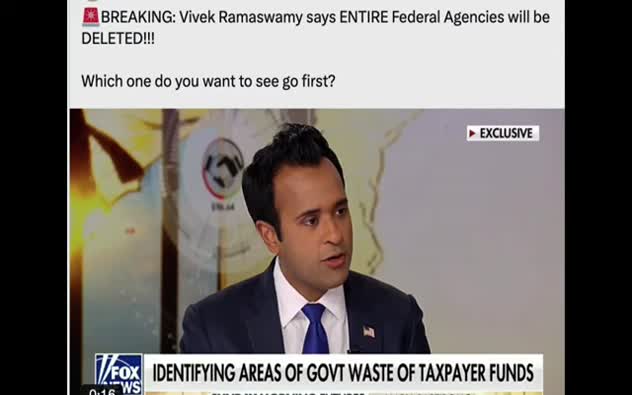
 Donate
Donate

